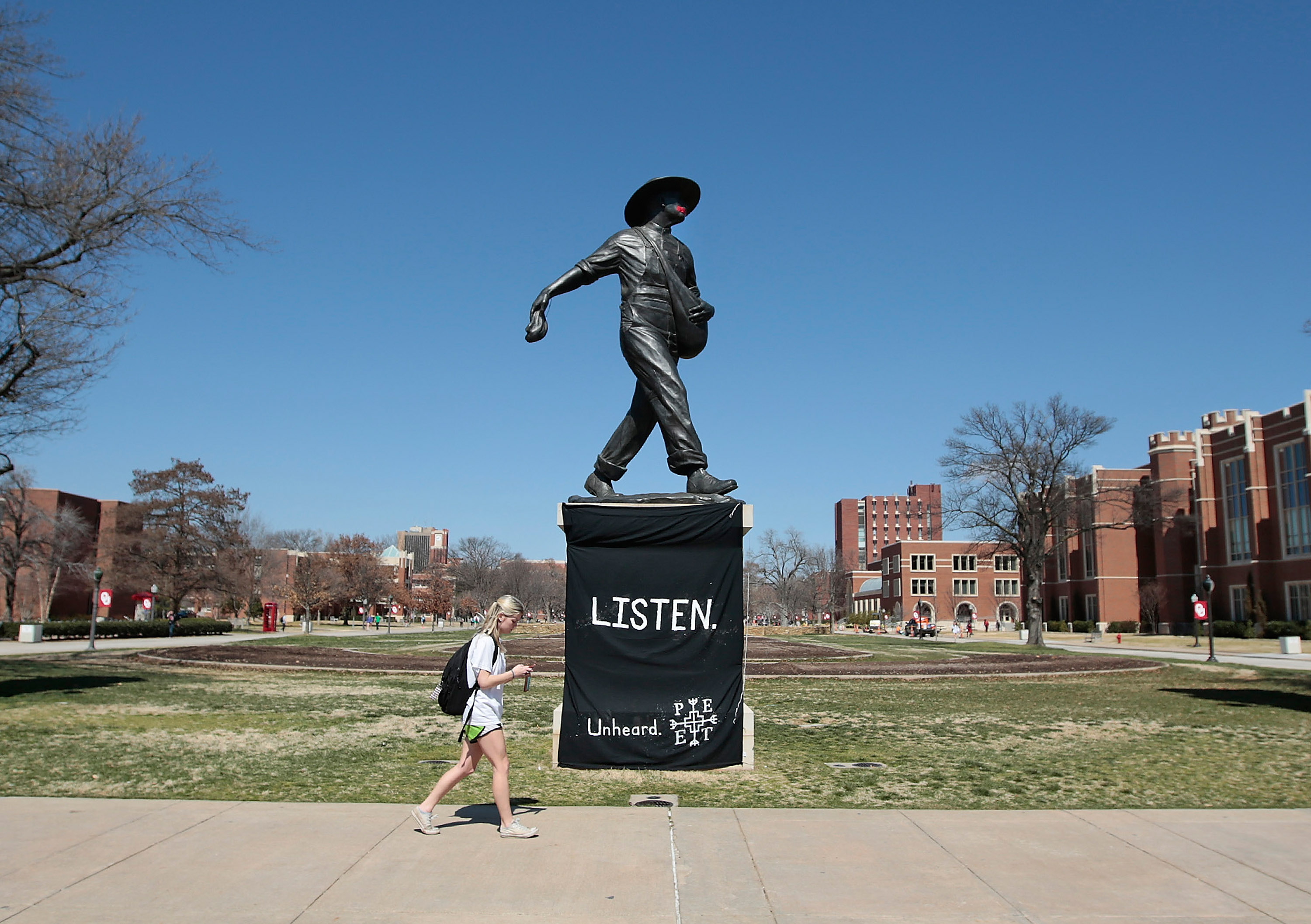We'll soon know who will occupy the White House for the next four years. If that turns out to be the candidate you opposed, don't fret: Presidents have less influence than you think.
Federalism and the Tenth Amendment give most authority to state and local government. COVID is a good example: Your governor or local school board had more impact on the measures imposed on you than the President did. And the president-elect you're aggravated with will have to share the limited power of the federal government with 535 lawmakers in Congress and several hundred federal judges and justices.
A monarchy vests government power in one person, leading to the kind of abuses that sparked American independence. Here in our constitutional republic (a more accurate term than "democracy"), authority is divided among many political actors.
In Federalist #51, James Madison called this process the "partition of power." He pointed out that strong-willed politicians will naturally struggle for influence, but with federalism and checks and balances, "ambition [will] counteract ambition."
It makes sense. Smart parents know that when there are two hungry kids hankering for the last cookie, separation of powers looks like this: One sibling makes the cut, and the other picks the first slice. Fairness has never been so yummy.

Want a new law? Don't look to 1600 Pennsylvania Avenue. Take your idea to your member of Congress and, like that classic Schoolhouse Rock video, see how far your bill will go. I won't sing this part but it's because Article I of the Constitution gives "all legislative powers" to Congress, not the chief executive.
President Harry Truman was keenly aware of this, which is why he lamented, "I sit here all day trying to persuade people to do the things they ought to have sense enough to do without my persuading them. That's all the powers of the president amount to."
You're worried that the president you'll love to hate will ignore Article I and start issuing executive orders to go around Congress? While that has become something of a fad lately, you can be sure that state attorneys general from your political party will file with a friendly federal court and have many of those orders blocked.
The interplay of these checks and balances is like a chess match. A player launches an attack, but the opponent has counter moves that can neutralize or reverse the advantage.
Separation of powers means law and policy are more likely to take hold when they have broad public support. That might even mean that a president of the other party will have to come to your party and seek compromise. And if the president refuses to compromise, the next congressional election (just two years from now) could bring about quite a rebuke.
The jaundiced jabber jaws on cable news and social media have been predicting doom if the presidential candidate they oppose wins. Political enemies will be dispatched, health care will be eliminated, and fascism will run wild! None of that will happen. It's not because I trust anyone running for president. It's because the strength of our constitutional guardrails can stop the most determined demagogue from driving our country off the road.
Let's examine a few nightmare scenarios if your candidate is defeated.
What happens if the new president tells the FBI to arrest you for no good reason? You'll be released on bail, and your case will be dismissed by a judge who doesn't work for the president. Then you'll sue and win monetary damages for false arrest.
Or what if there's a hateful policy you oppose, and the person who won the White House promised to make it law? Unless 218 members of the House and 60 senators vote for it, that policy is just unfulfilled campaign blather.
But can't the new president nominate judges with a legal philosophy at odds with yours? Sure, but those nominees will go nowhere until at least 50 senators vote "yes" on confirmation. And judges who act outside the Constitution or laws will see higher courts overturn them.
The list goes on.
Bookmark this column to read again if your candidate loses. All is not lost. You live in a country where people are more free and more protected from tyranny than any other. Here, those assuming power can be quickly humbled, either through robust checks and balances on their power or via the stunning verdicts often handed down in the court of public opinion.
And, historically, control over the presidency has bounced back and forth between the parties more often than a pickleball at your local rec center.
Political tides rise and fall. Leaders change. All the while, the Constitution's safeguards remain steadfast. The American republic endures by thoughtful design, always keeping the pendulum of power balanced and bounded.
Mark R. Weaver is a prosecutor and formerly served as a Justice Department spokesman and Deputy Attorney General of Ohio. He is the author of "A Wordsmith's Work." X: @MarkRWeaver
The views expressed in this article are the writer's own.




















 English (US) ·
English (US) ·